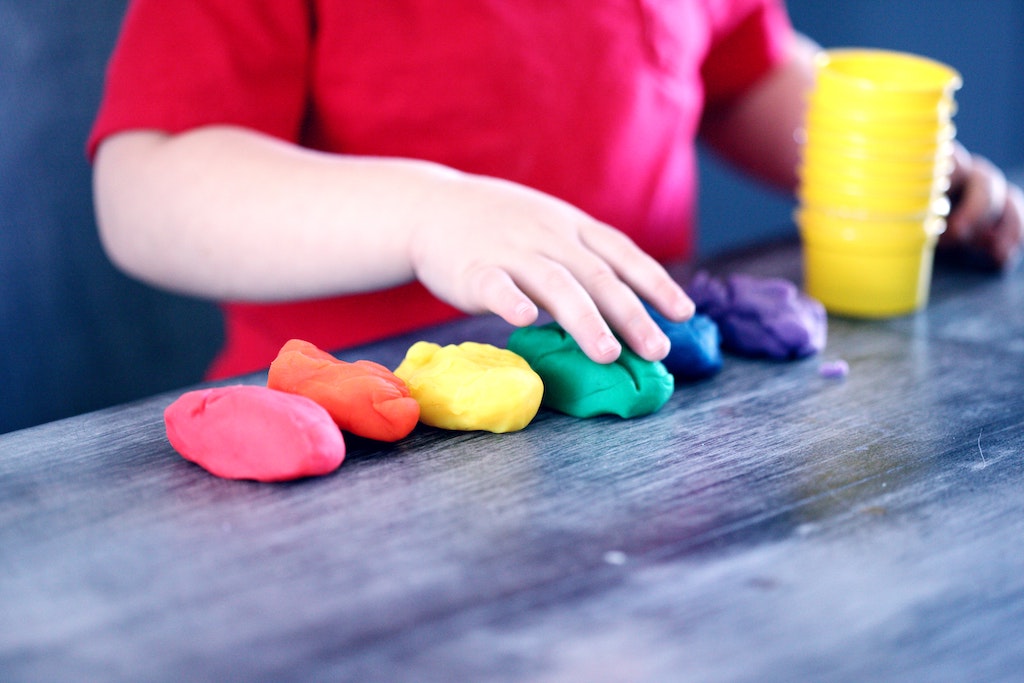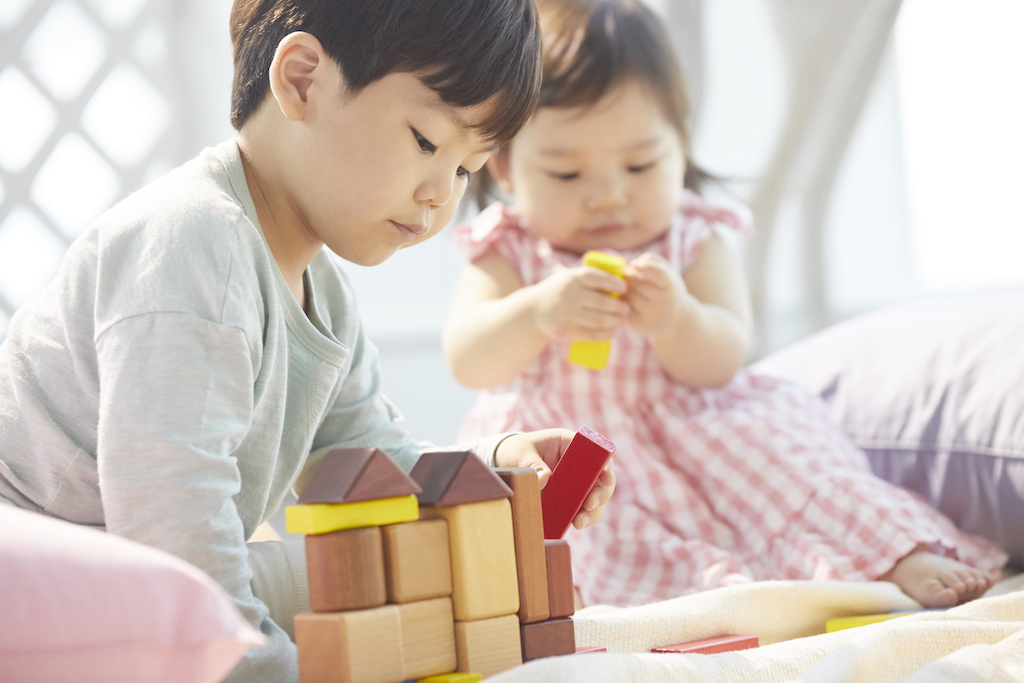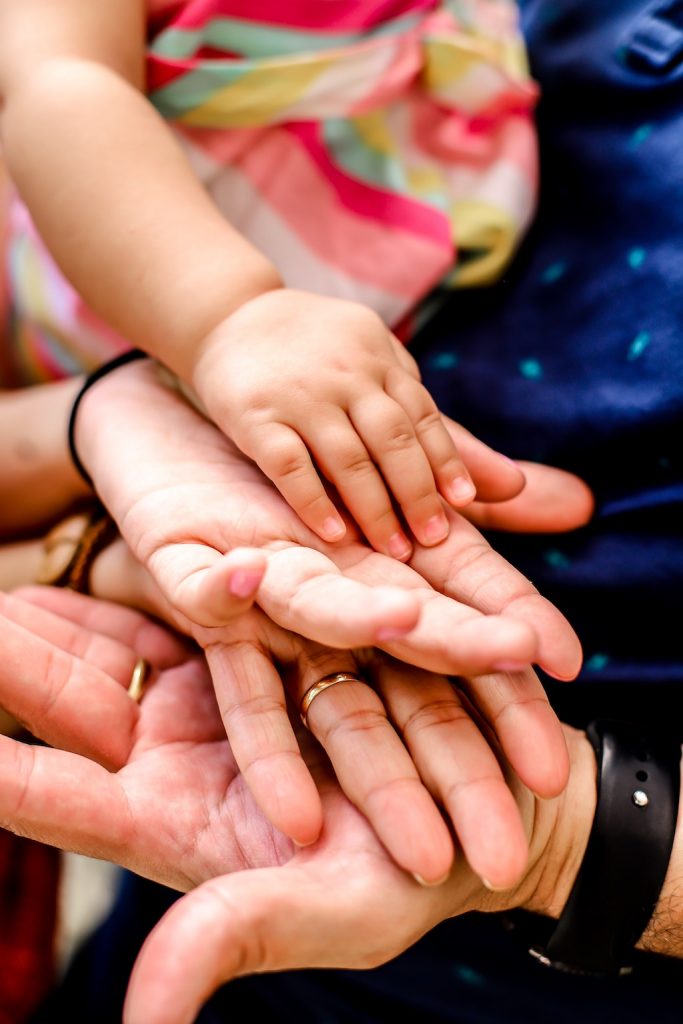SingaporeMotherhood | Parenting
March 2022
3 Life Skills Parenting Experts say your Children should know, but don’t learn about in school

Oh life, as Michael Stipe from that seminal 90s band R.E.M. would mumble (with all of us howling along with him) is bigger. “It’s bigger than you, and you are not me,” the lyrics continue. Indeed. We parents have made it this far with our three academic ‘R’s but the truth is that the world is changing, and they aren’t enough anymore. For our kids, life is bigger and consequently, the know-how that they require to navigate this bigger life go far beyond what’s taught in classrooms.
So what are the crucial life skills that our kids need to know? And how can we teach them these skills at home? Three members of the Families For Life advisory panel (all parents themselves) share their picks, and tell us how we can impart these skills to our young ones, outside of school.
Life skill #1: HOW TO EMBRACE DIVERSITY & INCLUSIVITY
Parenting expert: Dr Kenneth Poon, Member of the Advisory Panel on Parenting for Families for Life Parenting; Associate Dean, Education Research; Co-Director, Centre for Research in Child Development, National Institute of Education, Nanyang Technological University.
“Getting along with and respecting others is a fundamental skill that we should encourage in children from the earliest opportunity. Understanding and getting along well with others (which includes cultural awareness and inclusiveness) can help give the child a strong foundation for the future.
Developing such social competencies is also associated with more positive outcomes in adulthood. Moreover, the ability to be sensitive to cultures and diversity is one of the competencies identified for the 21st century. This is particularly important in increasingly cosmopolitan Singapore, where we, with greater frequency, come into contact with others who may be different from us in some ways.”
(See also: Want to build an Inclusive Society in Singapore? Start with Children)
Start them young
Children begin learning to categorise from their second year. Starting with physical features, their understanding of others gets increasingly elaborate as the child matures.
Hence you can start conversations around inclusivity from as early as the preschool years. Contrary to common belief that children have little notion of cultural differences, there is evidence that preschool children are able to distinguish between ethnic groups by about age four.
They have been found to not just make differentiations between different cultural groups but also show early signs of prejudice at that age. They also show some early signs of favouring those from their own group over others.

Raise them to be kind, loving, human beings
- Be a model to your child (any age). Show how you can respectfully interact with someone who is different (e.g. person with a disability; a person from another culture).
- Share your experiences (from 2 to 3 years). Share stories about how your personal interactions or relationships with people (especially those who are different) have been positive, or about how the difference is only one part of a person, and that there are many other areas of similarities.
- Offer perspectives (from about 4 to 5 years). Talk to your child about how people who receive different treatment might feel.
- Provide opportunities to show kindness and consideration (from about 5 to 6 years). Give your child the opportunity to reach out with kindness and respect to others, starting with people who are familiar to them.
(See also: 25 Acts of Kindness Kids can easily do any day, everyday!)
Life skill #2: HOW TO MANAGE THEIR EMOTIONS
Parenting expert: Sher-Li Torrey, Families for Life Council Member, and Founder of Mums@Work
“Emotional regulation is an important process in child development. When we teach children to identify their emotions, we provide them with a framework that helps explain how they feel. This makes it easier for them to deal with those emotions in a socially appropriate way.
As they mature and grow, their ability to regulate and manage their emotions helps them to build their own social network of friends in school. The preschooler learns about playing with other children and how to behave (e.g. keeping quiet when classmates are speaking.). Primary school children learn to empathise and see other people’s perspectives.
Through emotional regulation, they also learn how to control their wants and needs. As they mature into teenage years, children who are better able to regulate their emotions are often better at planning activities, behaving appropriately in social settings, and developing better awareness of other people in their environment that share their lives (e.g. friends, classmates, family).”

How to teach kids to manage their emotions
Model it
One of the best ways to pass on skills is by modelling. Children learn by watching what adults do. If you want to teach time management, for instance, demonstrating this in your own daily life is a great example for your child.
Communicate it
Social skills such as empathising are learnt from parents, often through communication. Point out when other people have different views, and why these perspectives should not be judged negatively.
Turn a situation into a learning opportunity
Openly discuss why certain things happen (in an age-appropriate manner). For example, if you witness discrimination in public, teach your child how to intervene, or use it as a learning point to discuss why it was not an act of kindness, and what can be done to help people in society who are discriminated against.
Use instructions
Children do not always know the social cues or norms or behaviour required for specific situations. Giving clear step-by-step guides on how to handle a challenging situation is a good idea. This can also be done through stories, and reading books about such skills.
(See also: 6 Singapore Children’s Books that Encourage Kindness)
Have open discussions
As your child grows, have open discussions about behavioural skills. During your child’s transition into his/her next growth stage, he/she will likely make mistakes in an attempt to practice certain social behavioural skills. Having open and honest discussions about such mistakes are good learning points – so they know what to do the next time a similar situation happens.

What can parents do when children have outbursts in public?
Public tantrums can be very challenging. Firstly, know that you are not a bad parent just because your child is having a tantrum in public. Similarly, your child is not a bad child because he/she has an outburst.
The first thing to do is stay calm. Try to remain as emotionally disengaged as possible. Do this by (1) taking deep breaths (2) using a calm, collected tone of voice, and speaking slowly.
Try not to engage in further emotional confrontation such as arguing, lecturing or threatening. You can have a talk with your children, after the tantrum is over.
I find it useful to focus on “what needs to be done? How can I do something or say something that will distract him/ her from the current emotional outburst?” By focusing on what to do, the logical side of the brain takes over, thereby limiting your emotional reaction.
Another option is to count from one to 10 (in a dialect or a language that I am not so familiar with), before trying to stop my child’s tantrums. I find that counting in a language that requires me to think (logical mind takes over) limits my emotional response.
During a flight crisis, they always say “make sure you have taken care of yourself, before you attend to your child.” Likewise, calm yourself down before you start to deal with your child.
(See also: 8 Expert Strategies to Build your Child’s Self-esteem and give them Confidence in Life)
Life skill #3: HOW TO MANAGE THEIR MONEY (FINANCIAL LITERACY)
Parenting expert: Kelvin Ang, Families for Life Council Member; Blogger & Founder of Cheekiemonkie.net; and Co-Founder of Daddy Matters
“At some point in our adult lives, perhaps when we were in university or had just started work, some of us may have learnt the consequences of poor money management the hard way. This could come in the form of overspending by maxing out the credit card, falling behind debt repayments, or failing to have any emergency funds when needed.
Thus, if we wish for our kids to avoid those same pitfalls, we need to start teaching them how to manage money – sooner rather than later. Shaping money habits and building sustainable relationships with money are best started young. This can help children become financially responsible teens and young adults. Teaching children to be financially responsible early on will also help them cope with challenges like setting limits, planning a budget and resisting impulse buys.
Whether we realise it or not, we are teaching our children about money management daily. They are always watching how we spend money – e.g. how we plan our shopping budget, or put money into savings.
Hence, it is important to teach children about financial literacy by modelling good behaviour. When our kids see us make smart money choices, they’ll be better equipped to do the same as they grow up.”
Start them young

Generally speaking, kids can grasp basic money concepts by age three. Research has shown that children’s money habits are more or less formed by age seven. By this time, most will be able to recognise the value of money and understand that money can be exchanged for goods, as well as what it means to earn money, and what income is. They are also capable of complex functions such as planning ahead, delaying a decision until later, and understanding that some choices are irreversible.
How to do it
Ages 3 to 5
Money lessons at this age set the tone for later on. Introduce the concept of delayed gratification, where kids may have to wait and save up in order to buy something they want. You can do this by helping them set aside a savings goal to buy a toy. Ensure that it is not something that is too expensive, else it will take forever! A one-month timeline to save is reasonable.
Ages 6 to 8
At this age, kids should understand that money is finite, and that if they spend it, it is gone. This means they have to learn how to make choices about how to spend money, because once it is spent, they do not get the chance to choose again. Try including them in some financial decisions, like working within a budget. Try passing them $5 at the supermarket, and letting them choose the type of fruits to buy for the family.
(See also: How Much Pocket Money Does My Child Need for Primary School?)
Ages 9 to 11
By now, your kids should know the value of money. Show them how unit pricing works at the supermarket (a fantastic place to teach money lessons!). For instance, the same product (e.g. milk) is sold under different brands and at varying prices. Ask them to pick out the one that offers the most value, or better yet, spot sale items! Tell them how bulk deals allow them to get a cheaper per-item price.

Ages 11 to 13
Shift from the idea of saving for short-term goals to long-term goals by introducing the concept of compound interest. At this age, kids usually want to buy a million things so it will be good to make them work for their money too. Give them jobs that you might otherwise pay someone else to do, such as washing the car, or the toilet. By making them work for their money, they will learn the value of it, and think twice before spending mindlessly.
Teens & beyond
In addition to savings accounts, introducing debit cards can be a good way to help young people learn to manage money. By teaching them to manage a debit account, you can also pave the way to good financial habits such as careful money management, not spending more than what they can afford, and checking their monthly statements. You may also wish to introduce investment concepts such as stocks, unit trusts and dollar-cost averaging so they understand the importance of making their money ‘grow’ instead of spending all of it.
Families for Life supports the Alliance for Action (AfA) on understanding children’s needs better, and strengthening marriages and family relationships. Visit https://familiesforlife.sg for resources to help you through your parenting journey. You can also visit Families for Life 365 for Family Life Education (FLE) programmes that equip parents with techniques to promote their children’s psychological, social and emotional competence.
Featured image: Ray Hennessy on Unsplash
All content from this article, including images, cannot be reproduced without credits or written permission from SingaporeMotherhood.
Follow us on Facebook, Instagram, and Telegram for the latest article and promotion updates.





